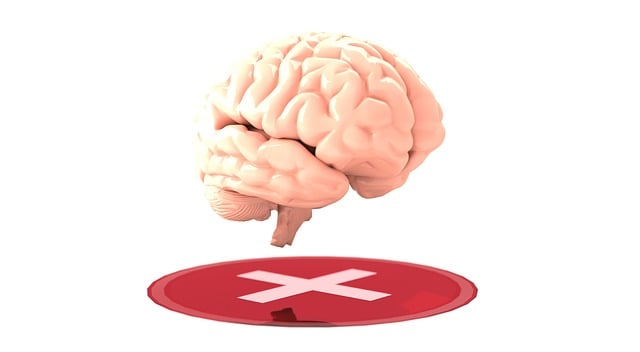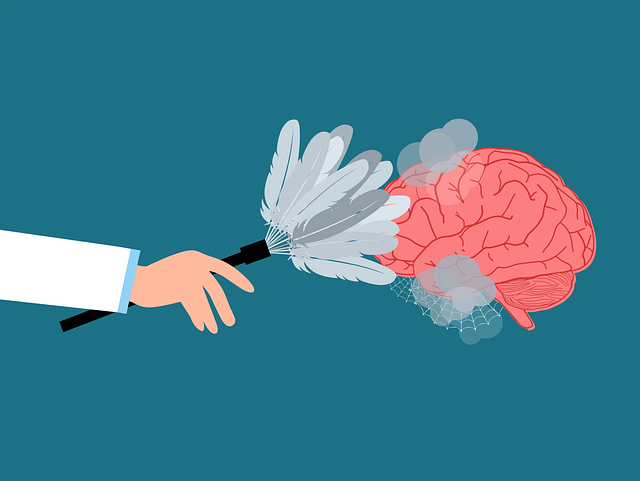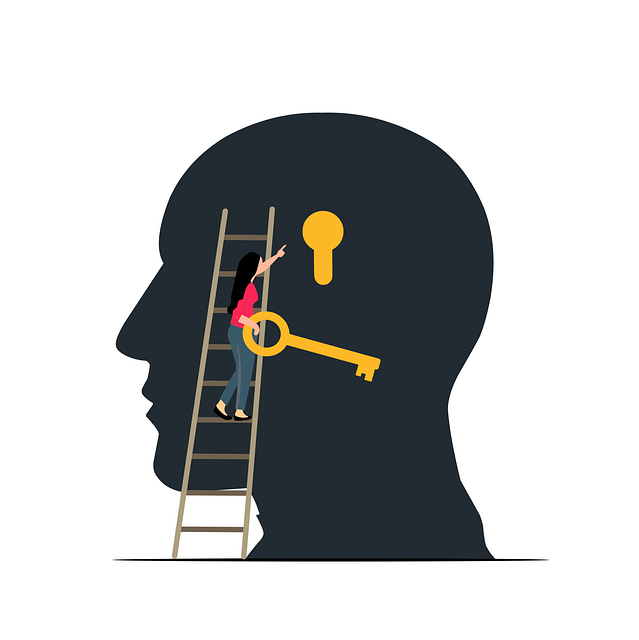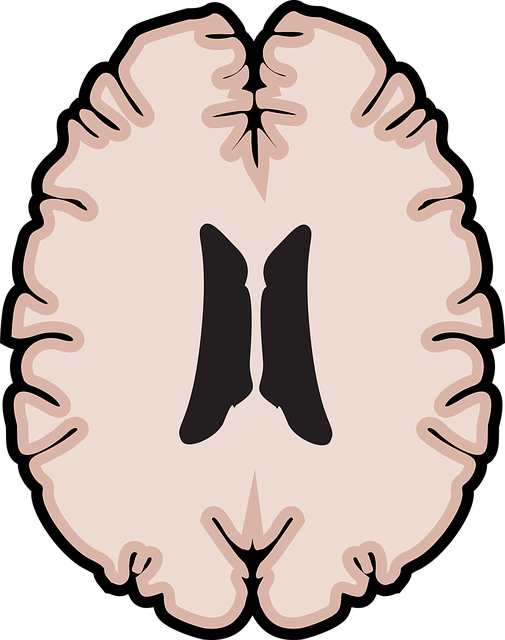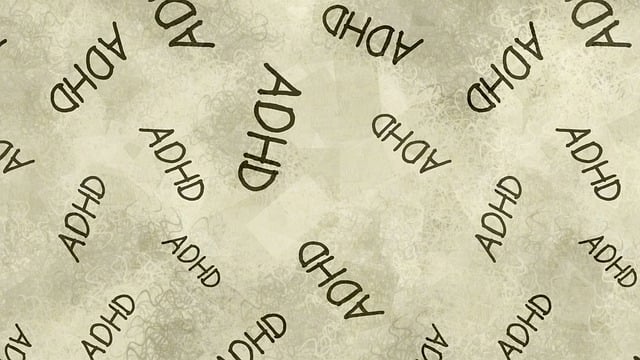Emotion regulation is a vital skill for elderly individuals with learning disabilities, addressing unique mental wellness challenges. Tailored therapy approaches, such as CBT and mindfulness-based therapies, empower them to manage stress, understand emotions, and replace negative thought patterns. Group therapy sessions using simple language and visual aids significantly enhance emotional well-being, reduce stigma, and foster effective expression of feelings, ultimately improving quality of life for this demographic, focusing on key strategies like Therapy for Elders Learning Disability.
Emotion regulation techniques are essential tools for elders with learning disabilities to navigate their emotional landscape. This article delves into the significance of understanding and mastering these skills, addressing common challenges faced by this demographic in managing their emotions. We explore effective therapy approaches, from cognitive-behavioral therapy to mindfulness practices, offering practical strategies to facilitate emotional well-being. By equipping caregivers and therapists with these insights, we aim to enhance the quality of life for elders with learning disabilities through tailored therapy for their unique needs.
- Understanding Emotion Regulation and Its Significance for Elders with Learning Disabilities
- Common Challenges Faced by Elders with Learning Disabilities in Managing Emotions
- Effective Therapy Approaches for Teaching Emotion Regulation Skills
- Practical Strategies for Facilitating Emotional Well-being in Elderly Individuals with Learning Disabilities
Understanding Emotion Regulation and Its Significance for Elders with Learning Disabilities

Emotion regulation is a vital skill for individuals with learning disabilities, especially as they age. It involves understanding and managing one’s emotional responses effectively, which can significantly impact their overall well-being and quality of life. For elders with learning disabilities, this process is crucial as it helps them navigate challenges, maintain independence, and foster meaningful social interactions.
Teaching emotion regulation techniques offers a unique therapeutic approach in the context of elderly care. Through empathy building strategies, these techniques empower individuals to recognize and express their emotions healthily. Mental wellness journaling exercises can provide guidance on processing feelings, offering a safe space for reflection. Moreover, by encouraging emotional awareness, elders can develop coping mechanisms to handle stressful situations, thereby enhancing their mental health and resilience. This proactive approach is essential in the realm of elderly care, ensuring that individuals with learning disabilities are supported holistically, both physically and emotionally, and empowering them to lead fulfilling lives.
Common Challenges Faced by Elders with Learning Disabilities in Managing Emotions

Elders with learning disabilities often encounter unique challenges when it comes to emotion regulation, which can significantly impact their overall mental wellness. Many face difficulties in identifying and understanding their emotions, leading to heightened stress levels and potential mental health issues. This is particularly true for those navigating a therapy for elders with learning disability, as the process may require advanced cognitive abilities and self-awareness—skills that can be hindered by learning disabilities.
The complexity of emotion regulation is exacerbated by societal factors such as the mental illness stigma reduction efforts, which might discourage them from seeking help or understanding their emotional struggles. As a result, unmanaged emotions can manifest in various ways, including impulsive behavior, anxiety, and even depression. Effective support involves tailored strategies for stress management, aiming to enhance their emotional intelligence and resilience while addressing the specific challenges posed by learning disabilities.
Effective Therapy Approaches for Teaching Emotion Regulation Skills

Teaching emotion regulation skills to individuals with learning disabilities requires tailored therapy approaches that cater to their unique needs. Cognitive Behavioral Therapy (CBT) has proven effective in helping elders with learning disabilities manage and understand their emotions. This therapy technique focuses on identifying negative thought patterns and replacing them with more adaptive ones, thereby improving emotional regulation. CBT sessions can be adapted to include simple, easy-to-understand language and visual aids to ensure better comprehension.
Additionally, Mindfulness-Based Therapies offer valuable emotional well-being promotion techniques for this demographic. Through mindfulness practices such as meditation and deep breathing exercises, elders with learning disabilities can enhance their mental health awareness and learn to stay grounded in the present moment. These approaches foster self-acceptance and emotional control, enabling individuals to better navigate and cope with various emotional challenges.
Practical Strategies for Facilitating Emotional Well-being in Elderly Individuals with Learning Disabilities

Teaching emotion regulation techniques can significantly enhance the mental wellness of elderly individuals with learning disabilities. One practical strategy involves breaking down complex emotions into manageable components, using simple language and visual aids to help them understand and express their feelings effectively. This approach not only facilitates coping skills development but also reduces the stigma associated with mental illness in this demographic.
Group therapy sessions can be particularly beneficial, providing a supportive environment for peer learning and emotional connection. Through interactive activities and role-playing scenarios, elders can practice these techniques in a safe space, fostering a sense of belonging and empowerment. Tailoring these strategies to individual needs is crucial, ensuring that each person receives the support they require to navigate their emotions with greater ease.
Emotion regulation is a vital skill for elders with learning disabilities, enabling them to navigate life’s challenges with greater ease. By understanding the unique barriers they face in managing emotions and employing effective therapy approaches, we can significantly enhance their emotional well-being. Practical strategies, tailored to their needs, offer hope for fostering resilience and improving their overall quality of life. Implementing these techniques, such as cognitive behavioral therapy and mindfulness practices, can revolutionize support systems for this demographic, ensuring a more fulfilling future.


